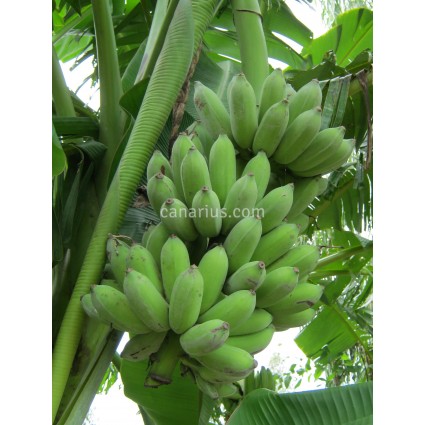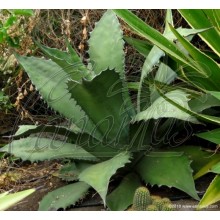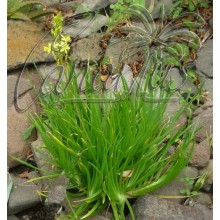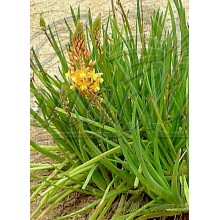 Visualizza ingrandito
Visualizza ingrandito
Musa 'Pisang Awak' - Dwarf Namwah Banana
Pisang Awak (= Namwah, Ducasse) is a favourite dessert cultivar from SE Asia, now grown worldwide. Its main features are (1) plant hardiness to drought, wind, cold and diseases (2) spectacular flavour with creamy texture. Few drawbacks are known. This is the dwarf clone known as Namwah Kohm.
Nuovo
Its main features are (1) plant hardiness to drought, wind, cold and diseases, and (2) spectacular flavour with creamy texture. Few drawbacks are known, but the bunch is not too large, and - of course - some conoisseurs cultivars can taste even better.
This is the dwarf pisang awak, the clone known as Namwah Kohm. It is actually a semi-dwarf. tree in the 3-4 m range (with leaves). Truly dwarf cultivars are much "dwarfer", such as Rajapuri, Dwarf Orinoco, Topocho, or Dwarf Cavendish.
What do we ship?
We ship a stout rooted sucker, not a potted plant. You will receive it with the corm wrapped in a bag with moist sphagnum or perlite.
In spring, suckers may not have roots. In this case, suckers are easy to root if temperatures are kept between 20 and 30 C.
The picture of the bunch, slightly cropped, is from Wikimedia Commons: By Bùi Thụy Đào Nguyên - Own work, Public Domain, https://commons.wikimedia.org/w/index.php?curid=17174328
| Coltivazione | Protetta |
| Origine della pianta | Asie |
| Presentazione | Radice nuda |
| Dimensione massima | 300cm e più |
| Famiglia botanica | Musaceae |
| Temperatura minima in inverno | 0 ºC a 15 ºC |
| Tipo pianta | Erbacee |
| Colore | Giallo |
| Cura | Vaso |
| Forma | Perenni |




















